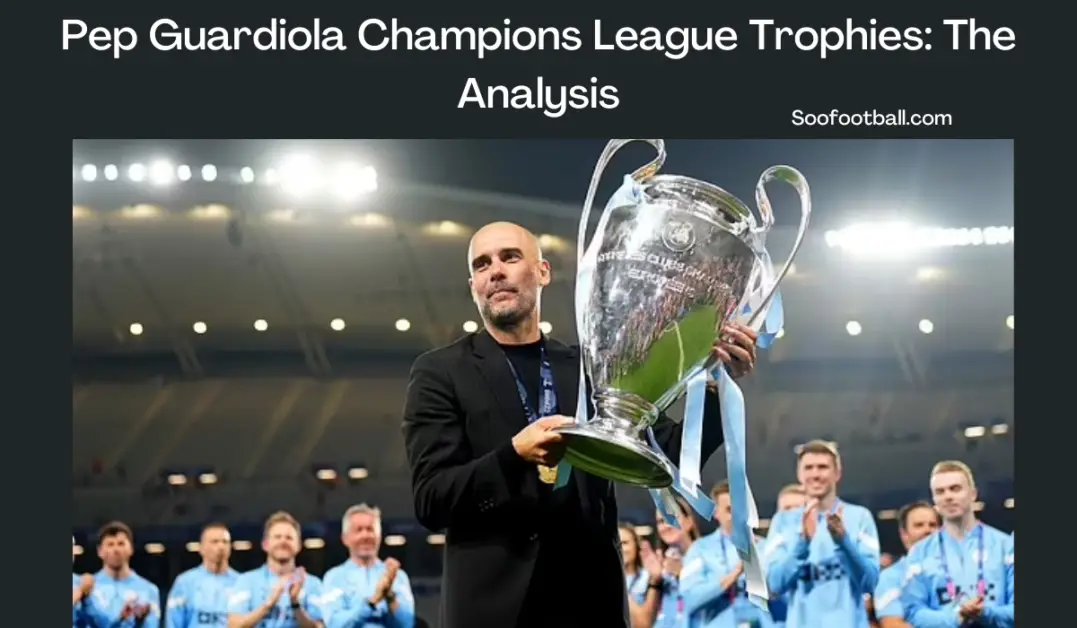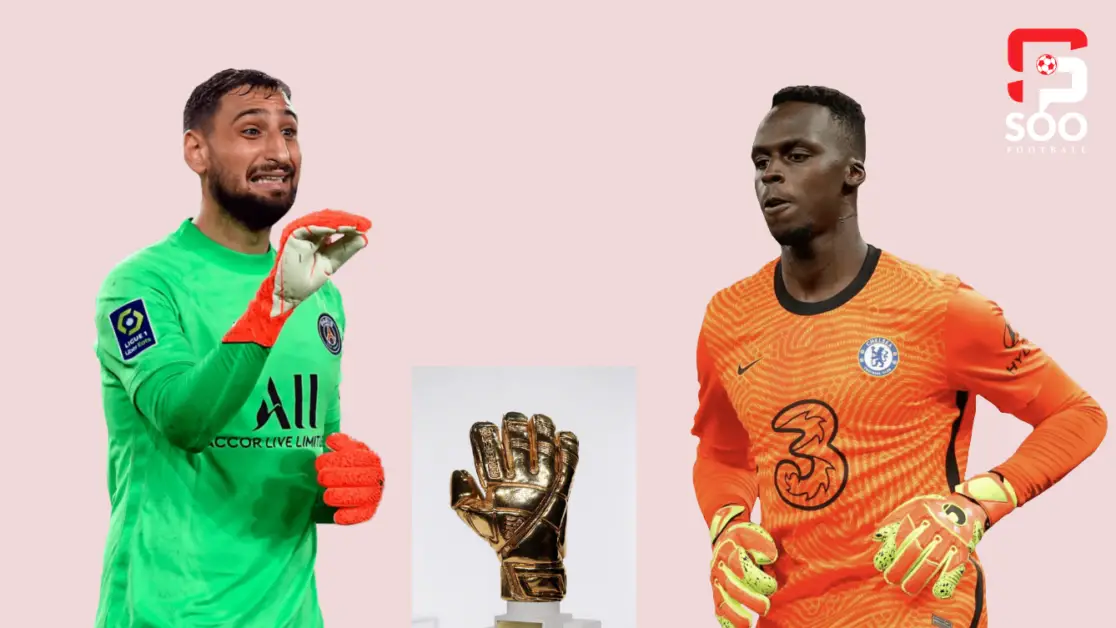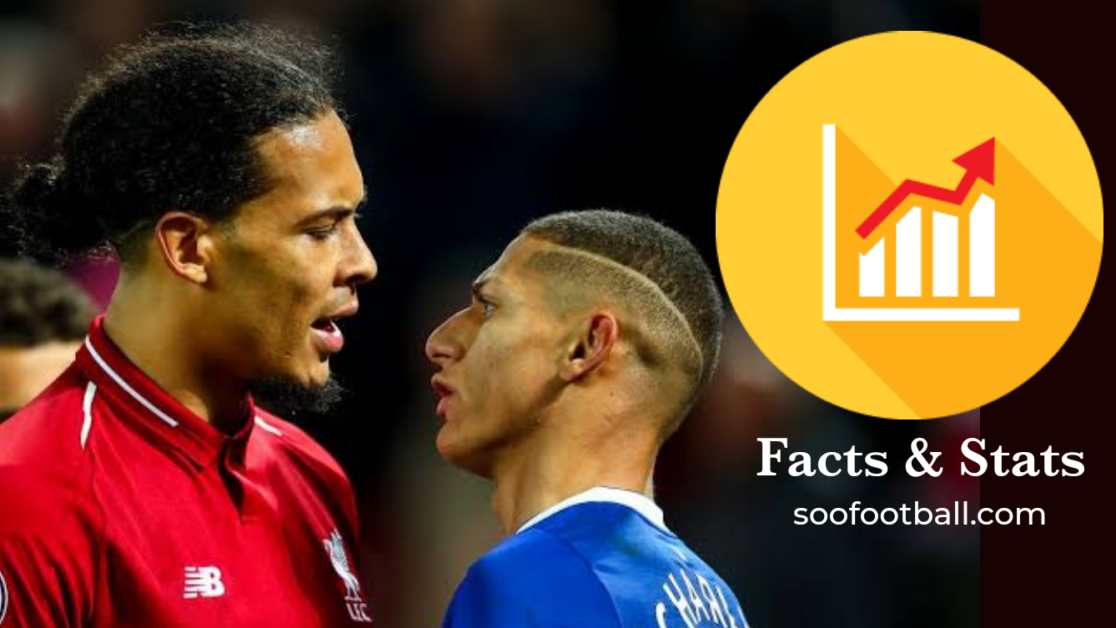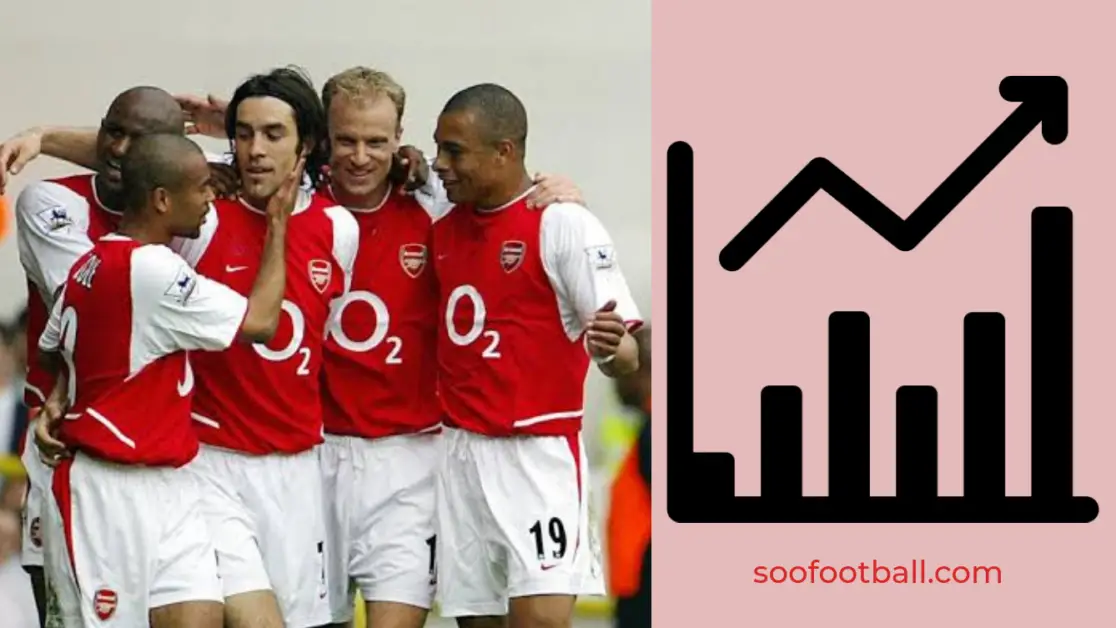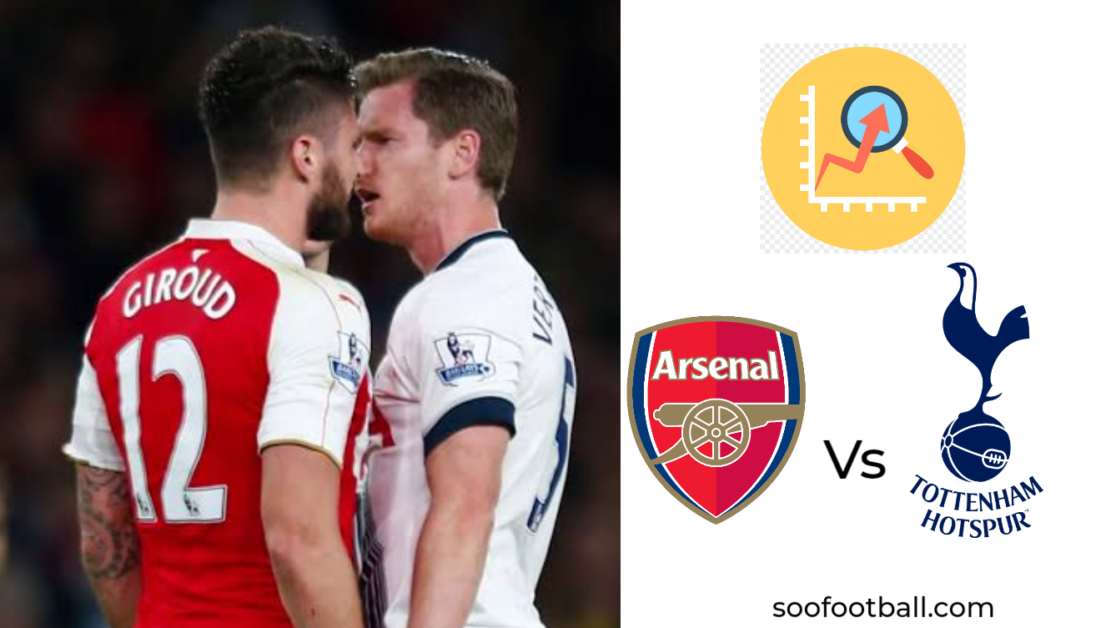Pep Guardiola is renowned for his innovative approach to the beautiful game and has etched his name in history with UEFA Champions League trophies. This article meticulously analyzes Guardiola’s triumphant campaigns, exploring the nuances, key moments, and statistical highlights that define his European conquests.
Read Also: How UEFA Champions League Draw Works
How Many Champions League Titles Has Guardiola Won As A Coach?
Before delving into the intricate analysis of Pep Guardiola’s UEFA Champions League victories, it’s crucial to establish the numerical foundation of his success. Guardiola, the master tactician, won the Champions League title three times in his illustrious coaching career.
Two triumphs graced his tenure at FC Barcelona during the 2008/09 and 2010/11 seasons, while a third jewel was added to his crown with Manchester City in the 2022/23 campaign.
| Season | Club | Champions League Trophies |
|---|---|---|
| 2008/09 | FC Barcelona | 1 |
| 2010/11 | FC Barcelona | 1 |
| 2022/23 | Manchester City | 1 |
Read Also: Clubs From Which Country Have Won The UCL The Most?
Barcelona’s Tiki-Taka Brilliance (2008/09 & 2010/11)
Guardiola’s introduction to Champions League glory unfolded in the iconic colours of FC Barcelona. The tactical brilliance that defined these triumphs was none other than the globally acclaimed Tiki-Taka style of play, an intricate dance of possession-based football marked by rapid passes and precise positional awareness.
In the 2008/09 season, Barcelona’s dominance was staggering. A treble of La Liga, Copa del Rey, and the UEFA Champions League showcased their prowess. In the European arena, Guardiola’s men scored 31 goals and conceded a mere 6 in 13 matches.
Lionel Messi, the maestro in their attack, clinched the top scorer title with 9 goals. The final against Manchester United ended 2-0, with goals from Samuel Eto’o and the indomitable Messi.
| Statistics | Figures |
|---|---|
| Goals Scored | 31 |
| Goals Conceded | 6 |
| Top Scorer (UCL) | Lionel Messi (9) |
| Final Result | Barcelona 2-0 Manchester United |
Fast forward to the 2010/11 season, and Barcelona once again established their supremacy. Securing both La Liga and the Champions League, they dazzled Europe with 30 goals in 13 matches, conceding only 8.
Messi’s brilliance shone again as he netted 12 times, guiding Barcelona to a 3-1 victory over Manchester United in the final, with goals from Pedro, Messi, and David Villa.
| Statistics | Figures |
|---|---|
| Goals Scored | 30 |
| Goals Conceded | 8 |
| Top Scorer (UCL) | Lionel Messi (12) |
| Final Result | Barcelona 3-1 Manchester United |
Read Also: How Many Matches Are Played Per Champions League Season?
Manchester City’s Defensive Prowess (2022/23)
Guardiola’s return to Champions League glory in the 2022/23 season was marked by a distinct evolution in his tactical approach. Manchester City’s triumph was not just about possession and attacking flair but showcased Guardiola’s adaptability and a newfound emphasis on defensive solidity.
In the Premier League-winning campaign, City’s Champions League journey saw them score 28 goals while conceding a mere 5 in 13 matches. The final against Inter Milan was a testament to their defensive prowess as they secured a 1-0 victory, courtesy of Rodri’s decisive goal.
| Statistics | Figures |
|---|---|
| Goals Scored | 28 |
| Goals Conceded | 5 |
| Final Result | Manchester City 1-0 Inter Milan |
Read Also: Guardiola’s Champions League Trophies At Man City Analyzed
Guardiola’s Tactical Evolution
Analyzing Pep Guardiola Champions League trophies reveals a fascinating journey marked by tactical evolution and adaptability.
During his Barcelona tenure, Tiki-Taka reigned supreme. The high press, quick ball circulation, and Messi’s brilliance were the cornerstones of success. In the recent victory with Manchester City, a balanced approach took centre stage.
The midfield duo of Rodri and De Bruyne provided defensive cover and creative impetus, showcasing Guardiola’s adaptability to different formations based on opponents.
In terms of player performances, Lionel Messi’s consistent brilliance defined both Barcelona triumphs. Iniesta and Xavi, stalwarts of the midfield, provided the control and creativity that underpinned Barcelona’s success.
In the 2022/23 victory with Manchester City, Ruben Dias emerged as a defensive linchpin, and Rodri’s midfield control, coupled with the match-winning goal in the final, underscored the adaptability that has become synonymous with Guardiola’s managerial style.
Read Also: The Money Aspect of UEFA Champions League Analyze
Key Stats Relating To Pep Guardiola Champions League Trophies
- Guardiola secured his first Champions League title in the 2008/09 season with Barcelona.
- The gap between his first and second Champions League triumphs was two seasons, as he clinched the title again in the 2010/11 season.
- After moving to Manchester City, Guardiola secured his third Champions League trophy in the 2022/23 season, marking a span of 12 years between his first and most recent victories.
- The 2022/23 Champions League victory with Manchester City is particularly noteworthy as it occurred after Guardiola’s departure from Barcelona, signalling success beyond the Messi era.
- In the 2008/09 season with Barcelona, Guardiola’s team scored an average of 2.38 goals per Champions League match.
- The 2010/11 campaign saw an average of 2.31 goals per match.
- Manchester City’s triumphant 2022/23 season had an average of 2.15 goals per match.
- Guardiola’s defensive prowess in the 2022/23 season was evident, conceding only 5 goals in 13 Champions League matches, resulting in an average of 0.38 goals conceded per game.
- Guardiola boasts an impressive 100% winning record in Champions League finals, having won all three finals he has contested (2008/09, 2010/11, and 2022/23).
- Lionel Messi played a pivotal role in the two Barcelona victories, scoring a total of 3 goals in the finals (1 in 2008/09 and 2 in 2010/11).
- In the 2022/23 final with Manchester City, the goal was scored by Rodri, highlighting a diversified goal-scoring approach.
- Guardiola’s commitment to possession-based football is evident in the average possession statistics of his winning campaigns: 2008/09 – Barcelona averaged 62% possession, 2010/11 – Barcelona maintained an average possession of 65%, 2022/23 – Manchester City dominated possession with an average of 61%.
- Across his three victorious campaigns, Guardiola’s teams had an impressive cumulative goal difference of +46 in the Champions League knockout stages.
- Lionel Messi was the top scorer in both Barcelona triumphs, contributing 21 goals in total (9 in 2008/09 and 12 in 2010/11).
- In the 2022/23 campaign, the top scorer for Manchester City was Phil Foden with 6 goals.
- Guardiola’s teams displayed discipline in the Champions League finals, receiving minimal disciplinary actions: Barcelona received only 1 yellow card in the 2008/09 and 2010/11 finals and Manchester City received 2 yellow cards in the 2022/23 final.
Pep Guardiola Champions League Wins As A Player
While Pep Guardiola’s managerial prowess in the UEFA Champions League is widely celebrated, his achievements as a player in the prestigious competition are equally noteworthy. Guardiola, a midfielder of exceptional vision and tactical intelligence, experienced European success during his playing career primarily with FC Barcelona.
As a player, Guardiola won the UEFA Champions League title in the 1991/92 season. The final, held at Wembley Stadium, saw Barcelona face Sampdoria in a tightly contested match.
The encounter ended in a 1-0 victory for Barcelona after extra time, with Guardiola’s teammate Ronald Koeman scoring the decisive goal. Guardiola played a pivotal role in the midfield, contributing to Barcelona’s control of possession and dictating the tempo of the game.
His playing style mirrored the principles that would later define his managerial philosophy—possession-oriented, intelligent positional play, and an emphasis on control in the midfield. Guardiola’s influence on the pitch laid the groundwork for the success he would later achieve as a coach.
Conclusion
Pep Guardiola Champions League trophies and stats encapsulate not just victories but a journey of innovation and tactical acumen.
From Tiki-Taka brilliance to defensive resilience, Guardiola’s three triumphs serve as chapters in football’s evolution, written by one of the modern era’s most influential managers.
The numbers – three Champions League titles – tell a story of success forged through adaptability, tactical mastery, and an unwavering commitment to excellence.

